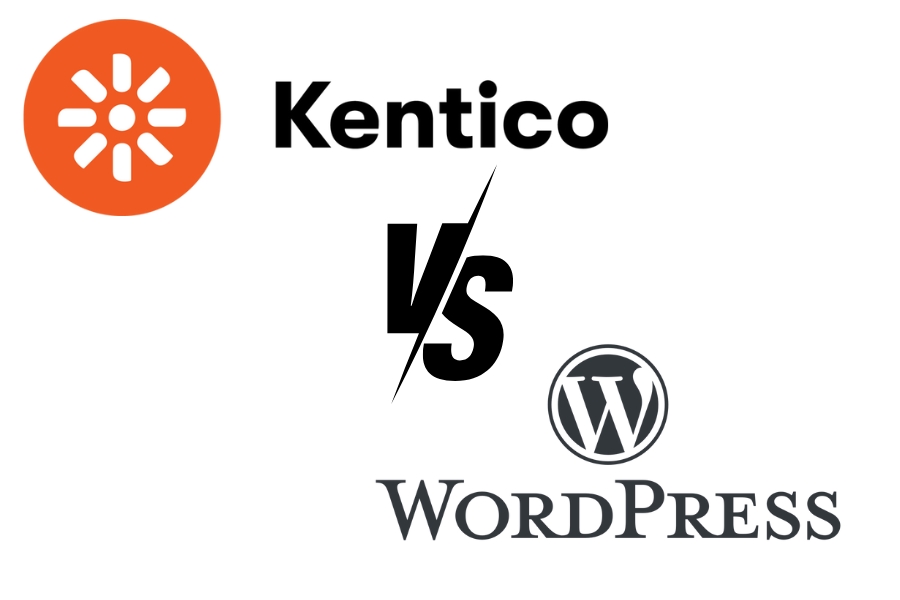Apps have been a part of our daily lives for a few years now, and you may have people asking why your business doesn’t have an app. But does your business really need an app, or could a responsive web design be the answer you’re looking for?
If you didn’t know, mobile web traffic has overtaken traffic on desktop computers. It’s more than likely a good portion of your website visitors are using tablets or mobiles to visit your site, and so if you aren’t providing a mobile-optimised design, you could be losing out on leads or sales. So is an app the answer, or is a mobile-responsive web design more applicable to your goals and requirements?

Whilst apps are hugely popular, and have proven to become a great way to interact with a core audience, they aren’t a necessity for every business. However, they do have their uses. But more often than not, a mobile-friendly web design can fulfil the purpose you wish for.
How are apps and mobile-friendly responsive websites similar?
Whilst apps and responsive websites are very different entities, they do feature many similar capabilities and features that mean they can achieve the same results for your business. The introduction of HTML5 and the power that smartphones now have means that making a choice between an app or mobile-friendly web design becomes easier to make.
- Both can be accessed on mobile devices
- Both are designed for smaller screens
- Both are usually capable of displaying the same content
The app debate
Apps can be a great idea for many businesses. But for others, it can be entirely unnecessary depending on goals. So what’s the debate?

App positives
- Almost everyone has a smartphone with apps
- Once an app is downloaded, it will be in their devices menu until they remove it
- Push notifications can alert customers to updates
- Apps can be accessed offline
- It can provide a customised user experience designed completely how you want it
Things to consider when contemplating an app:
- Creating 1 app isn’t enough. There’s Android, Apple, and Windows phones to create apps for
- Each app will need to be updated in the future with higher pixel counts and optimised for different screen sizes, with new operating system updates
- The SEO impact not as substantial as a mobile-friendly website
- An app could simply get lost in the store
- Performance on different phone models could differ
- Will users delete it after the first time they use it, or return to use it later on?
- Would digital marketing, such as email marketing, work better as a reminder to do business with your brand?
- Extra expense and set-up on top of having a mobile website
- Another listing to maintain on the app store
What a mobile-friendly responsive web design can achieve
If you’re not sure about an app, then having a responsive web design could be the answer you’re looking for. With a responsive web design, your company website will be completely mobile-friendly, and this has a number of benefits:
- Responsive web design is compatible with all devices. Whichever desktop, smartphone, or tablet is being used – the site is optimised
- Responsive web design can be easily updated and upgraded in the future to meet new trends or add features
- Mobile-friendly websites are found more easily through search engines
- Mobile-friendliness is a ranking factor on Google – meaning responsive sites rank higher
- Links to pages or items can be shared without complications
- There’s no barrier between a customer searching on Google, to shopping on your website
- No necessary downloads from the app store
- If you have a responsive website, you most likely won’t need an app too
- Mobile websites are available to view and browse in an instant
- If you need a very specific functionality difficult in a browser, then it may be more suitable for an app
What are your goals?
So when weighing up whether you need an app, or a mobile-friendly responsive web design could be the better choice, consider your goals.
If you’re simply looking to share content or business information to customers on any device, then an app isn’t necessary. Content will be fully mobile-friendly with a responsive website design.
If you wish to reach the widest audience possible, then a responsive web design will help you achieve this. Whilst an app may get downloads on the app store, and it may stick around on customer devices for a while, this is a big bet, as many apps get lost in the vast app stores.
If you’re looking to sell products online, then apps can often be a very attractive idea. However, responsive web design has come a long way, and with mobile devices with larger screens, mobile-friendly websites can provide stunning ecommerce experiences than can be better than app equivalents. Selling online can easily be done in a responsive web design, meaning customers can shop on a desktop, mobile, or tablet device; all using the same website with the same URL.
However, if you have an idea for a specific purpose, then an app could still be the best bet. There’s a lot that can be done with HTML5 or web apps within a website, but apps still work very well for specific purposes such as more intricate, interactive experience.
Decisions
In most cases, an app will aim to serve the same purpose a mobile website could. A website is going to have a wider audience, and be compatible with all devices. An app will not. Whilst apps have an array of positives that browser-based websites cannot compete with, these are often negligible unless you have a specific vision or functionality in mind that cannot be done in a browser.
Generally, a mobile-friendly website should be a priority if you don’t have one already. If your business is considering an app without a mobile-friendly web design, then unless there’s a substantial reason for this, it’s probably the wrong way around.
A mobile website is now essential in attracting and maintaining customers on mobile devices, and apps could come further down the line once you’ve found your audience.






